Directory
- Share
Natalie Rebeyev
- Alumni
- United States
- 2015 PhD Medical Science @ CIMR
- Hughes Hall
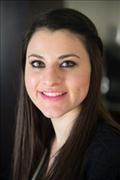
Natalie Rebeyev
- Alumni
- United States
- 2015 PhD Medical Science @ CIMR
- Hughes Hall
At Syracuse University, as a dual Biology and Judaic Studies major, I developed a deep-seated curiosity about human biology and disease alongside my study of the humanities. My early exposure to research led me to secure both on-campus and international research opportunities. I conducted pharmacological research with faculty at Upstate Medical University and cancer research at the Technion – Israel Institute of Technology. I will complete my undergraduate thesis on the role of a protein (erlin2) on intracellular protein degradation of the IP3 receptor. At Cambridge, I will be working with Dr. Paul Lehner to identify novel cellular receptors manipulated by viruses, which teaches us about viral pathogenesis. This work is of great importance because it has the capacity to lead to novel therapeutic approaches by targeting newly identified receptors. The lab uses proteomic approaches alongside genetic screening in human haploid cells. Further, silencing a retrovirus and looking at the viral transport/repressor complex is used to discover functions for previously identified and unidentified genes. In the future, I plan on attending medical school to inform my research as a physician-scientist and become a viral oncologist. Moreover, as a Bukharian woman, and as the first person to attend college from both sides of my family, I look forward to sharing my experiences and supporting the academic and professional goals of young women from traditional, immigrant communities worldwide.
Previous Education
Syracuse University
Andi Reci
- Alumni
- Albania
- 2015 PhD Chemical Engineering
- Trinity College
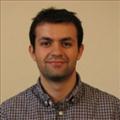
Andi Reci
- Alumni
- Albania
- 2015 PhD Chemical Engineering
- Trinity College
Born and raised in Albania, I moved to the UK in 2009 to pursue further education. Not being exactly sure what to study, I decided to play to my mathematical and scientific strengths and read chemical engineering. The degree became increasingly appealing to me because of the breadth of topics it covers, the wide range of applicability of its principles and the variety of transferable skills that it gives to its students. The most exciting thing about the chemical industry is the fact that it is tackling some of the most imminent global challenges. In the light of this, I decided to follow a PhD at Cambridge, which I hope will improve my fundamental understanding and give me credibility in whatever I elect to do in the future. The PhD will be under the supervision of Prof Lynn Gladden. The main project will focus in applying Magnetic Resonance Imaging in novel applications such as catalyst characterization and flow of fluids in porous media. These have direct impact in reducing energy intensity of processes and improving the efficiency of recovery of hydrocarbons from rocks. It will be a mixture of theoretical, experimental and data processing program. My interests within and outside academia are quite broad. I have had placements in commercial, technical and design roles and I am open to any opportunity that may arise.
Previous Education
University of Cambridge
Rachel Reckin
- Alumni
- United States
- 2014 PhD Archaeology
- St John's College
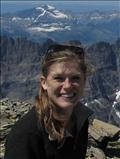
Rachel Reckin
- Alumni
- United States
- 2014 PhD Archaeology
- St John's College
Jay Reddy
- Alumni
- United States
- 2002 MPhil Oncology
- Wolfson College

Jay Reddy
- Alumni
- United States
- 2002 MPhil Oncology
- Wolfson College
Gregory Reeves
- Alumni
- United States
- 2014 PhD Plant Sciences
- King's College

Gregory Reeves
- Alumni
- United States
- 2014 PhD Plant Sciences
- King's College
Experiencing the tragedy of disease, poverty and starvation, both personally and in various countries, has left an indelible passion in me to pursue plant science to make a brighter future for humanity. For my Master’s research, I studied the inheritance of disease resistance and spicy flavor in chile peppers, where I discovered a new gene that inhibits disease resistance, helped sequence the chile pepper genome and broke the world record for "hottest pepper". At Cambridge, I will investigate improving crop productivity by working towards transferring the more efficient C4 photosynthesis into less efficient C3 photosynthetic, yet economically important, crops--notably rice and wheat. Engineering C4 photosynthesis into C3 crops could potentially increase current yields by 50%, while adding greater nitrogen- and water-use efficiency. This would be an incredible solution to global food security and supply! Upon completion of a PhD, I aspire to become a plant breeder.
Max Reibman
- Alumni
- United States
- 2010 PhD History
- Pembroke College
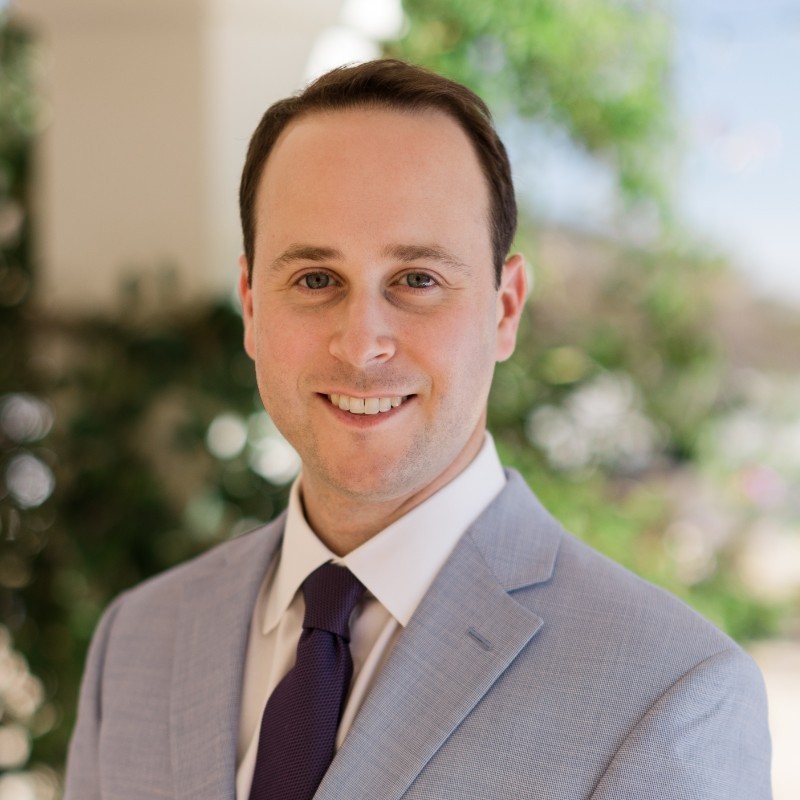
Max Reibman
- Alumni
- United States
- 2010 PhD History
- Pembroke College
Investment Funds Associate at Kirkland & Ellis LLP in New York. Former Senior Associate in Dubai and Washington, D.C. at The Risk Advisory Group where I worked on a range of risk management assignments covering the Middle East and other emerging markets. I completed my Ph.D. in History at the University of Cambridge in July 2014 as a Gates Cambridge Scholar.
Valena Reich
- Scholar
- Germany
- 2023 MPhil Ethics of AI, Data and Algorithms
- Lucy Cavendish College
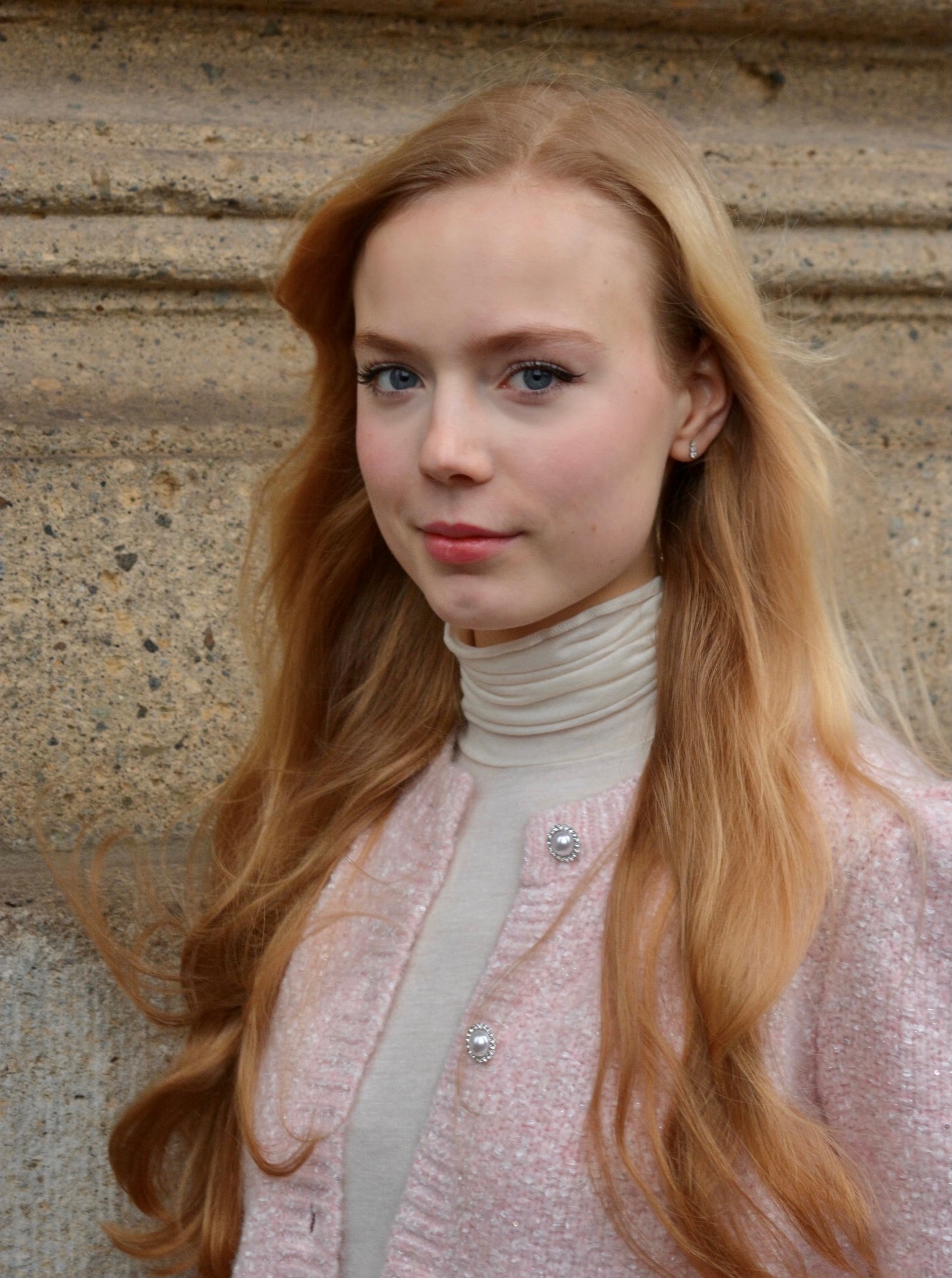
Valena Reich
- Scholar
- Germany
- 2023 MPhil Ethics of AI, Data and Algorithms
- Lucy Cavendish College
Starting my bachelor’s degree in Philosophy at King’s College London, I aspired to use my analytical and creative problem solving skills to contribute to society. The ethics of Artificial Intelligence is an emerging field in philosophy, which sparked my interest as it holds the key to shape technological innovation as beneficial for all. The questions I focus on assess the impact of AI on our epistemic agency, how to assign responsibility to AI frameworks, and especially how an artificial moral agent should ethically behave in a pluralistic society. During my MPhil in Ethics of AI, Data and Algorithms, led by experts from the Leverhulme Centre for the Future of Intelligence, I aim to learn and produce meaningful research for the field of ethics of AI, facilitated through an interdisciplinary approach sourcing technical knowledge about AI combined with philosophy. Moreover, I hope to engage with and mutually inspire the communities of Gates scholars, Cambridge, and beyond.
Previous Education
King's College London (University of London) Philosophy 2023
Francis Reid
- Alumni
- New Zealand
- 2003 PhD History & Philosophy of Science
- Corpus Christi College
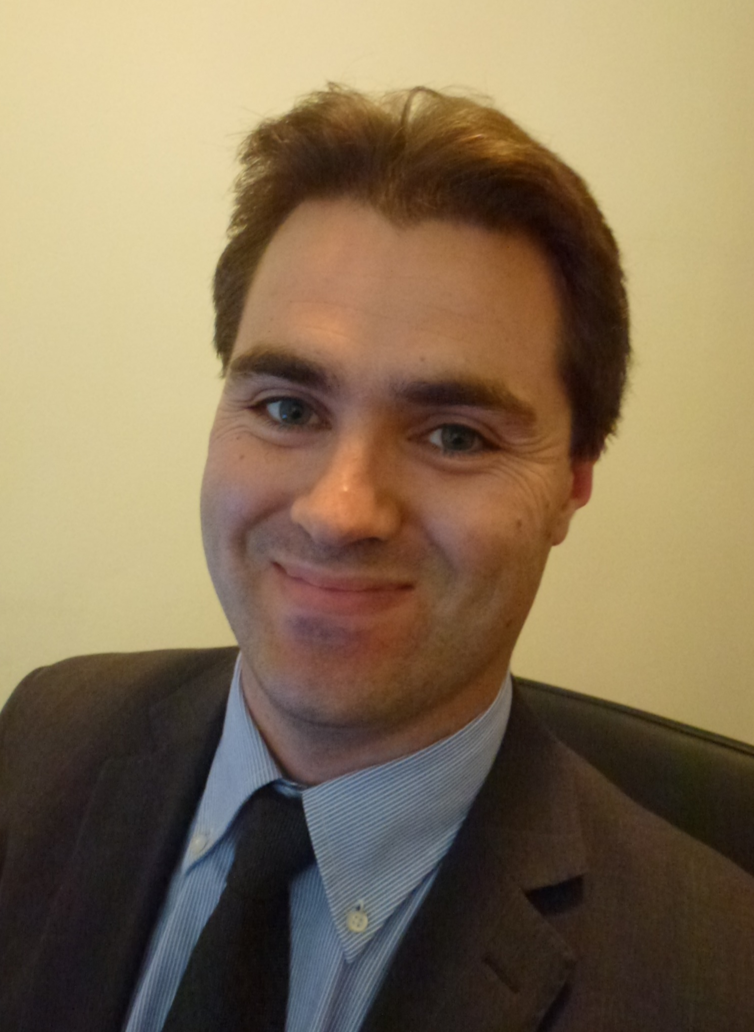
Francis Reid
- Alumni
- New Zealand
- 2003 PhD History & Philosophy of Science
- Corpus Christi College
Alexandra Reider
- Alumni
- United States
- 2012 MPhil Anglo-Saxon, Norse and Celtic
- Wolfson College

Alexandra Reider
- Alumni
- United States
- 2012 MPhil Anglo-Saxon, Norse and Celtic
- Wolfson College
After growing up in San Francisco, California, I moved not very far away to go to UC Berkeley, where I studied Comparative Literature and French. At Berkeley, I developed a particular interest in early medieval literature, and I am delighted to continue this course of study at Cambridge. My research looks at the use and literary potential of the catalogue form in Old English, Old Norse, and medieval Celtic poetry. I also have an ongoing interest in French language, literature, and landscape: I spent my junior year abroad studying and Alp-gazing in Grenoble, and I just got back from another year in France -- this time teaching English in Cherbourg.
Valentine Reiss-Woolever
- Alumni
- United States
- 2019 PhD Zoology
- St Edmund's College
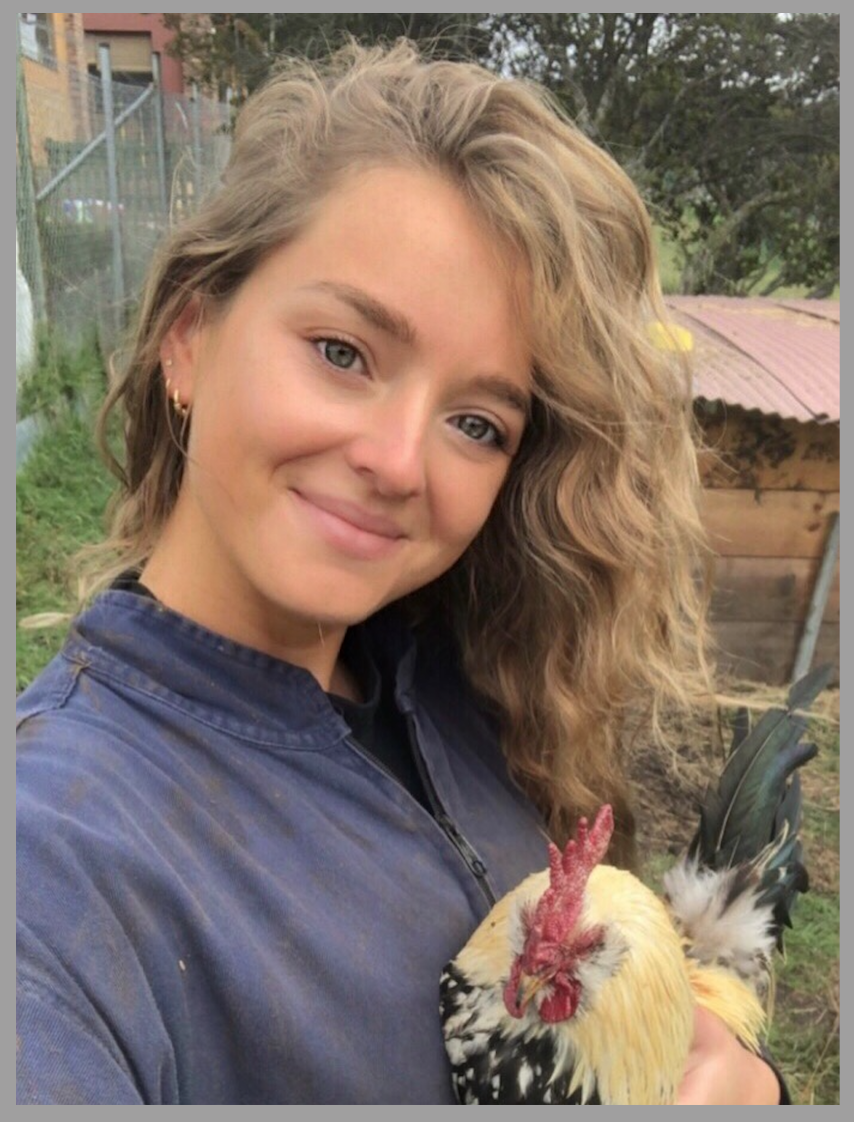
Valentine Reiss-Woolever
- Alumni
- United States
- 2019 PhD Zoology
- St Edmund's College
After a childhood in Arizona's biodiverse Sonoran desert and later Düsseldorf, Germany, I studied Zoology at University College Cork in Ireland, including an exchange at National University of Singapore. For the past several years, I have been working across Latin America in community-based conservation. Experiencing the conflicts plaguing tropical forests provoked my desire to solve a critical problem: while demand for agricultural land threatens biodiversity, production is essential to livelihoods. With Dr. Edgar Turner, I will focus on conservation and income stability in smallholder oil palm plantations, evaluating management methods’ effects on biodiversity, ecosystem functioning, and profit. The research aims to improve understanding of oil palm ecology, smallholder economic relations, and other core ecological and sociological principles. With educated management, I believe biodiversity conservation has potential to ameliorate poverty and foster improvement for a range of pressing concerns. I am truly honoured to be part of The Gates Cambridge Trust, which provides an unparalleled foundation and community for positive global change.
Previous Education
University College Cork Bachelors of Science in Zoology 2017
Tomer Reiter
- Alumni
- United States
- 2015 MASt Pure Mathematics
- Gonville and Caius College
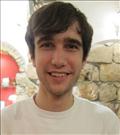
Tomer Reiter
- Alumni
- United States
- 2015 MASt Pure Mathematics
- Gonville and Caius College
Born in Israel, I moved to the United States when I was four years old and grew up mainly in Boston. Attending the Program in Mathematics for Young Scientists (PROMYS) in Boston was a pivotal point in my life. PROMYS is a six week summer program where high school students learn mathematics, specifically number theory. Here I found my passion for number theory and mathematics in general. Later summers I returned as a counselor and eventually served as head counselor. Through this I realized how excited I am to mentor and teach mathematics. At Carnegie Mellon University, I completed a major in mathematics and minor in computer science, further fueling my interest in mathematics and mentoring. In addition, I joined Alpha Epsilon Pi, a Jewish fraternity, and took on various leadership positions that made me grow closer to my Israeli heritage and cultural identity. I also took courses in Japanese language and culture to learn more about cultural differences and to further contextualize my identity. I am excited to attend Cambridge and take Part III of the Mathematical Tripos where I will delve into number theory, an area I am deeply interested in. After my time at Cambridge, I plan to attend a Ph.D. program in the United States and eventually become a professor. All the while, I hope to make contributions through teaching and mentoring just as PROMYS made an impact on me.
Previous Education
Carnegie Mellon University
Walter Rentzsch
- Alumni
- Germany
- 2001 PhD Engineering
- Gonville and Caius College

Walter Rentzsch
- Alumni
- Germany
- 2001 PhD Engineering
- Gonville and Caius College
Cole Replogle
- Alumni
- United States
- 2020 MRes Future Propulsion and Power
- Churchill College
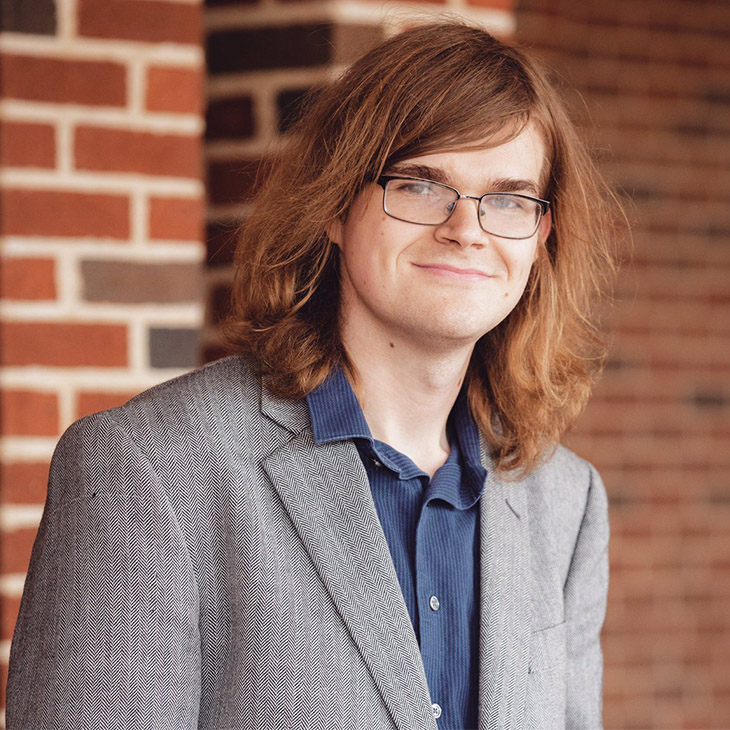
Cole Replogle
- Alumni
- United States
- 2020 MRes Future Propulsion and Power
- Churchill College
I was born and raised in northeastern Oklahoma and continued to Oklahoma State University for college. I will graduate in May 2020 with bachelor's degrees in Mechanical Engineering and Aerospace Engineering. I have researched hybrid-electric propulsion for unmanned aircraft at OSU and look forward to further developing sustainable aircraft propulsion at Cambridge through completing a MRes and PhD in Future Propulsion and Power. My involvement with the OSU chapter of Engineers Without Borders has introduced me to an international dimension of engineering development that will be important throughout my career. The global challenges of tomorrow must be attacked from all angles, and I hope to contribute by reducing the environmental impact of air travel. Outside of my schoolwork, I enjoy competing in quiz bowl, listening to philosophy podcasts, and playing heavy metal music.
Previous Education
Oklahoma State University Aerospace Engineering 2020
Mark Retter
- Alumni
- Australia
- 2011 PhD Law
- Trinity Hall

Mark Retter
- Alumni
- Australia
- 2011 PhD Law
- Trinity Hall
My thesis examines Alasdair MacIntyre’s critique of human rights philosophy and practice. Contrary to the ‘wholesale scepticism’ often attributed to MacIntyre, it is my view that a thorough engagement with his work points to a persuasive, alternative understanding of human rights based on a recovery of Aristotelian teleology that confronts the question of what constitutes a good human life. I will then challenge conventional interpretations of MacIntyre as a wholesale human rights sceptic by exploring the intellectual resources his moral philosophy offers for explaining the genesis and meaning of human rights. I am hoping to use my research to pursue a career in human rights advocacy and academic scholarship.
Mahnaz Rezaeian
- Alumni
- Iran, Islamic Republic of
- 2003 PhD Earth Sciences
- Churchill College

Mahnaz Rezaeian
- Alumni
- Iran, Islamic Republic of
- 2003 PhD Earth Sciences
- Churchill College
Having spent 3 years in Cambridge was a valuable experience and great opportunity for me that brought me more responsibilities and new horizons in my life.
Paul Rhatigan
- Alumni
- United States
- 2005 PhD Engineering
- Churchill College

Paul Rhatigan
- Alumni
- United States
- 2005 PhD Engineering
- Churchill College
I thoroughly enjoy my studies at Cambridge. My research in the Nanoscience Centre focuses on a novel method to study the electrical properties of DNA using nanofabrication techniques. The field of molecular electronics has fascinating applications that are only beginning to be realized. I'm looking forward to tackling new challenges and taking advantage of interesting opportunities in the coming year.
Allison Rhines
- Alumni
- United States
- 2010 MPhil Human Evolutionary Studies
- Christ's College
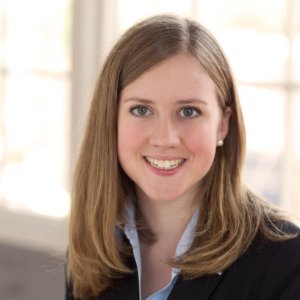
Allison Rhines
- Alumni
- United States
- 2010 MPhil Human Evolutionary Studies
- Christ's College
Previous Education
Stanford University 2010
Ayesha Riaz
- Alumni
- Pakistan
- 2016 PhD Genetics
- Churchill College
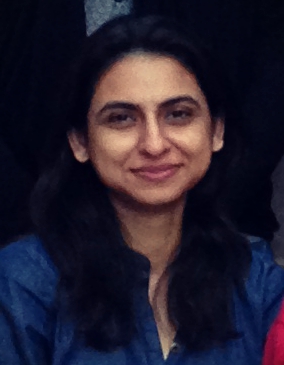
Ayesha Riaz
- Alumni
- Pakistan
- 2016 PhD Genetics
- Churchill College
I grew up and live in Karachi and received my undergraduate degree in Biology from the University of Karachi. I also did my M. Sc. from the same university and later on became associated with it as a faculty member in the Department of Genetics. I completed my M. S. in Genetics from the Iowa State University on a Fulbright scholarship. For my thesis, I investigated the possible roles played by the RNase T2 enzymes and lysosomal membrane proteins in ribosomal RNA degradation in the lab of Dr. Gustavo MacIntosh. I collaborated with Dr. Linda Ambrosio on the project who introduced me to the wonderful world of fly genetics whereby I developed a keen interest in using the fruit fly, Drosophila, for modelling human neurodegenerative diseases. Hereditary spastic paraplegia constitute a heterogeneous group of hereditary disorders characterized by progressive lower limb weakness due to damaged or dysfunctional nerves and form the second most important group of motor neuron diseases. My doctoral research will be undertaken under the supervision of Dr. Cahir O’Kane and will focus on understanding the roles of hereditary spastic paraplegia genes involved in organisation of axonal endoplasmic reticulum. Upon completion of my Ph. D., I intend to join back my university to continue teaching and doing research in my field of study. I am excited and honoured to begin my doctoral studies at Cambridge as part of the Gates community.
Previous Education
University of Karachi
Iowa State University








